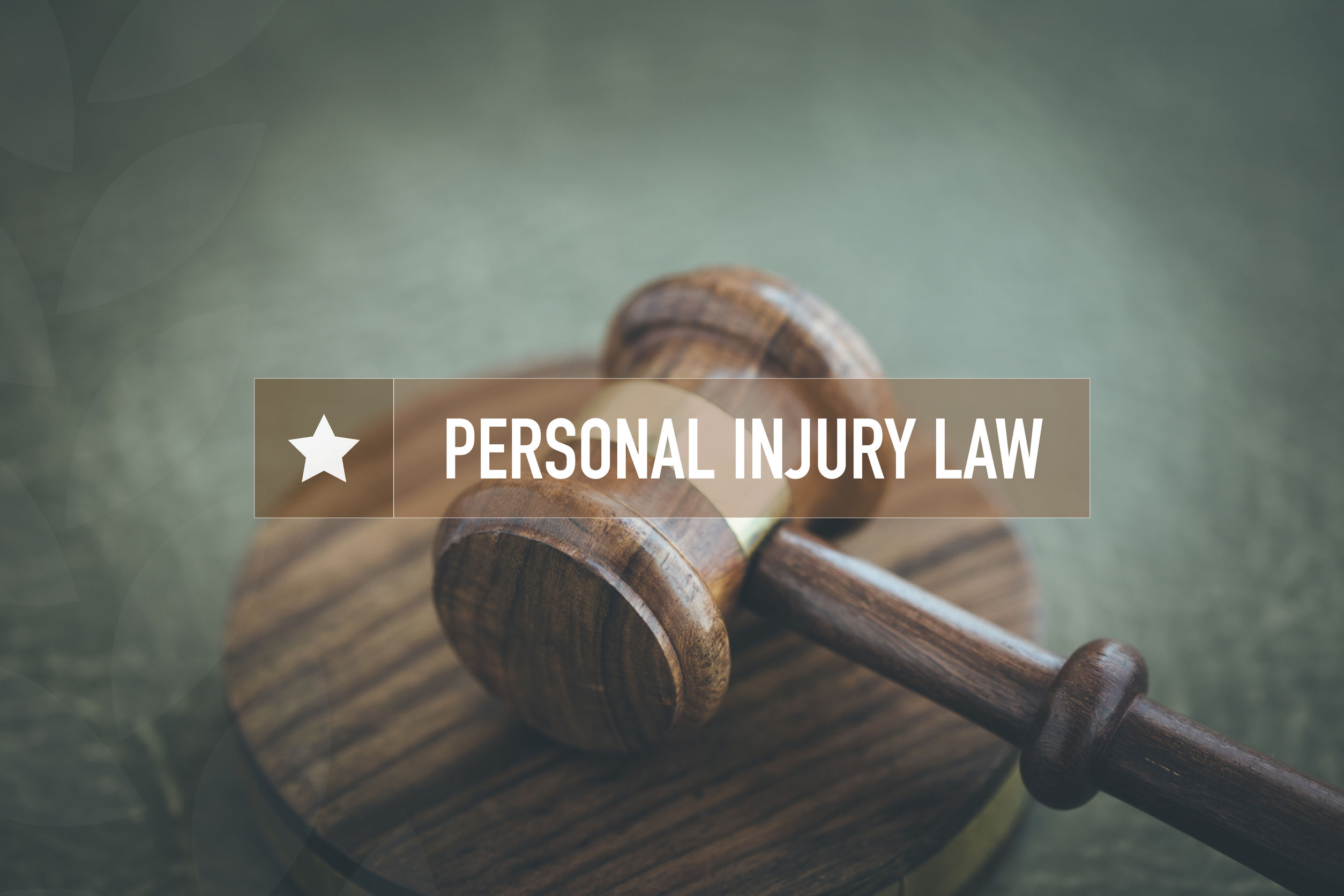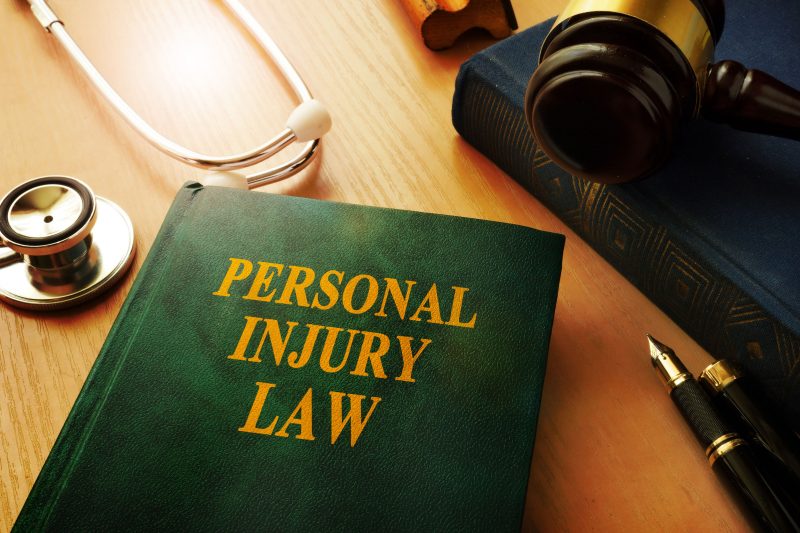In personal injury cases where a plaintiff claims harm from slander or libel, the harm is usually quantified in the form of special or non-calculable damages. Here, readers can find information on the assessment and calculation of damages in defamation cases. Read on to learn how Personal Injury Law Firms can help clients recover damages when they’ve been libeled or slandered.
Special Damages During Defamation Cases
In law, special damages are defined as those that can be exactly calculated. Plaintiffs can receive damages for lost wages, the loss of future earning capability, and lost economic opportunities due to someone’s defamatory statements. If a plaintiff works for themselves, a lost economic opportunity may include losses of clients. Regardless of a plaintiff’s employment type, economic opportunity loss can include the inability to find new work if the job loss was due to the defamatory statement.
Non-Quantifiable Damages
Plaintiffs in some defamation actions may be able to receive damages for pain and suffering, which can be a significant portion of a personal injury case. In a defamation suit, pain and suffering include & not only mental anguish, but it also includes anxiety, loss of enjoyment of normal activities, and loss of companionship.
Calculation of Non-Economic Damages in Defamation Cases
There are no hard-and-fast rules for calculating the value of humiliation, lost reputation, and mental anguish. Juries cannot consult a chart to determine how much a plaintiff should receive. In most cases, judges simply tell jurors to use experience and common sense in arriving at a reasonable figure.
Some may have heard about “multipliers” in personal injury cases, and they may wonder if the same applies to a defamation case. Multipliers mean that insurers calculate non-economic damages as being worth a multiple of special damages. However, in defamation and personal injury cases handled by W. Ware Morrison Law Group, multipliers provide only rough estimates because there are numerous other factors in play, such as:
* The jury’s opinion of the plaintiff
* Whether a jury believes either side is telling the truth. Generally, juries punish whoever they believe was lying during the trial.
* The plaintiff’s criminal history
* Whether the plaintiff exaggerated their non-economic and special damages
Defamation cases are often difficult to win because it is hard to prove the value of the loss of one’s reputation or standing in the community. However, Personal Injury Law Firms can help clients document their losses.








